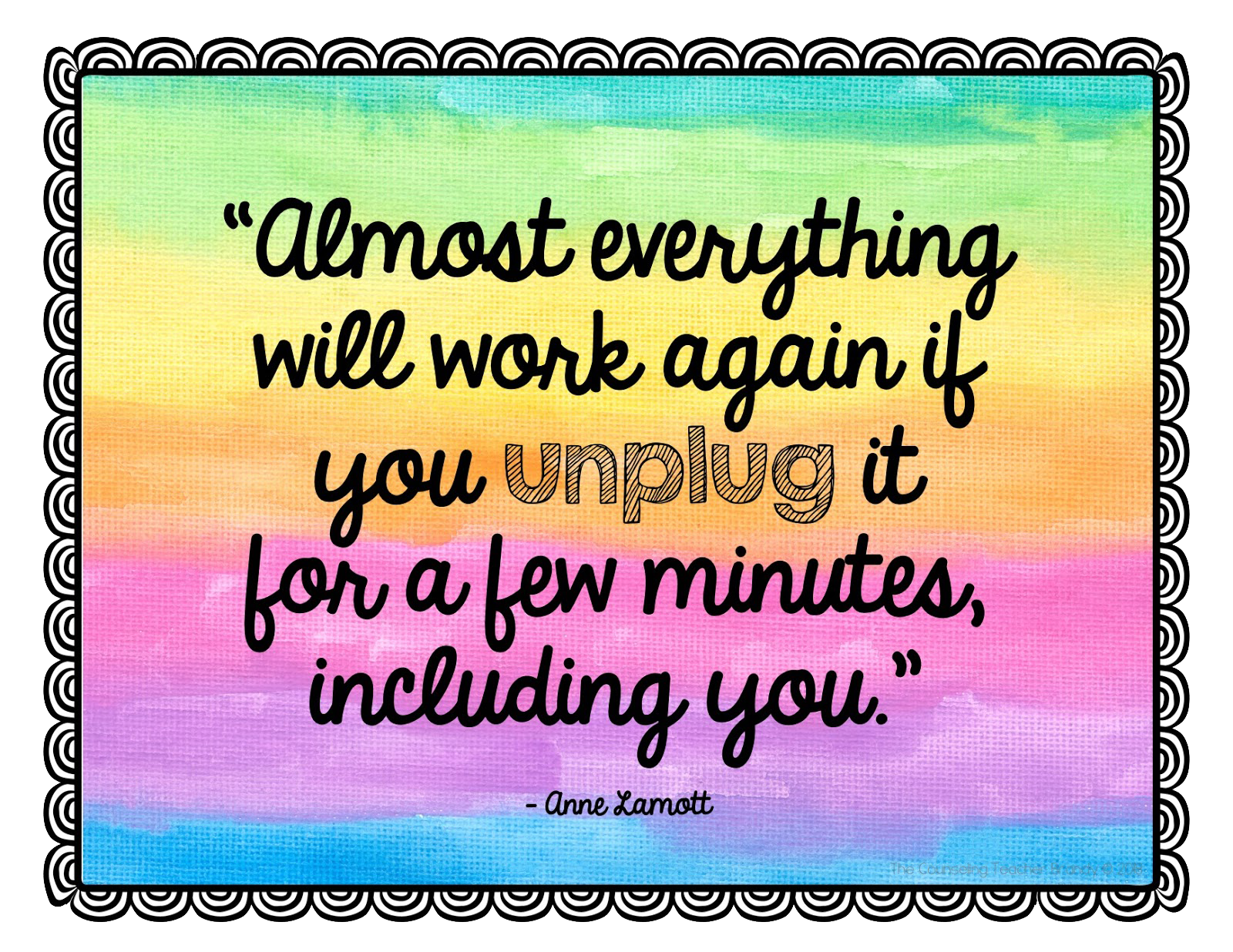Self-care is a trendy term that has been bouncing all around lately, but actually spotting the real thing is fairly rare. True self-care is more than just an extra treat on a hard day or binge-watching your favorite show on the weekend.
Self-care is a practice – an organized, deliberate set of actions designed to keep you mentally healthy and to stave off destructive and perilous burnout. It takes discipline and dedication.
And much like with physical health care, you get bigger results from preventative medicine than from the reactive treatment of symptoms after the illness has taken root. You might even think your intermittent self-care is working, but a spontaneous reaction to specific circumstances benefits you less than a prescribed practice would.
And if think you just don’t have time for proper self-care, think again: studies show that you don’t have time to NOT practice self-care.
Burnout – the inevitable result of neglecting self-care – seeps into every industry and every demographic. For individuals, burnout decreases job satisfaction, increases stress, diminishes life outcomes, and generally rains on every parade. But if you’re too work oriented to worry about only yourself, burnout also dramatically affects productivity and destroys group morale, sinking entire teams into a hole of work that never quite gets done.
The work-a-holic habit can be hard to break when your task list magically multiplies overnight; self-care becomes just another perpetually unaccomplished item. Maybe you’re even addicted to the chaos, overextending yourself as an excuse to procrastinate remodeling your habits. But that pattern is unsustainable – eventually, you will unravel, and it will take much longer to put Humpty back together again.
Burnout is dangerous, but not unavoidable. Fight back with intentionality and a mindful approach tailored to your needs AND your schedule. Here are a few tips:
-
- Make time for rest – That doesn’t necessarily mean sleep. For you, rest might be a hike in the woods or an early morning to enjoy a cup of coffee while watching sunrise.
- Learn something new – Challenging our brains to think in new ways creates novel pathways and increases our capacity for creative cognitive functioning.
- Revive an old hobby – What’s that thing you consider a fundamental part of you, but that, in reality, you haven’t done in three years? It might be playing an instrument, gardening, or reading. Those neglected but fulfilling hobbies have the makings of great self-care!
Your routine doesn’t need to be big, extensive, complex, or super-food heavy. It just needs to fit you. Whatever routine you set will require discipline and commitment from yourself AND your team, so define your boundaries, inform your team, and STICK TO THEM.
Sharpie your routine into your calendar – it is non-negotiable. Then set an example for your team with openness and directness about mental health and self-care. A work culture that respects mental health without stigmatizing it will see team morale and productivity soar.
Here are more resources on self-care and mental health:
https://www.psychologytoday.com/…/201805/self-care-101
https://www.specialevents.com/…/self-care-tips-will…
https://www.quickanddirtytips.com/…/how-to-manage…
https://www.katymilkman.com/book/

